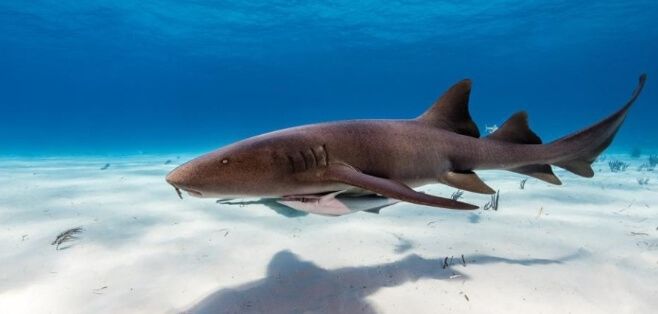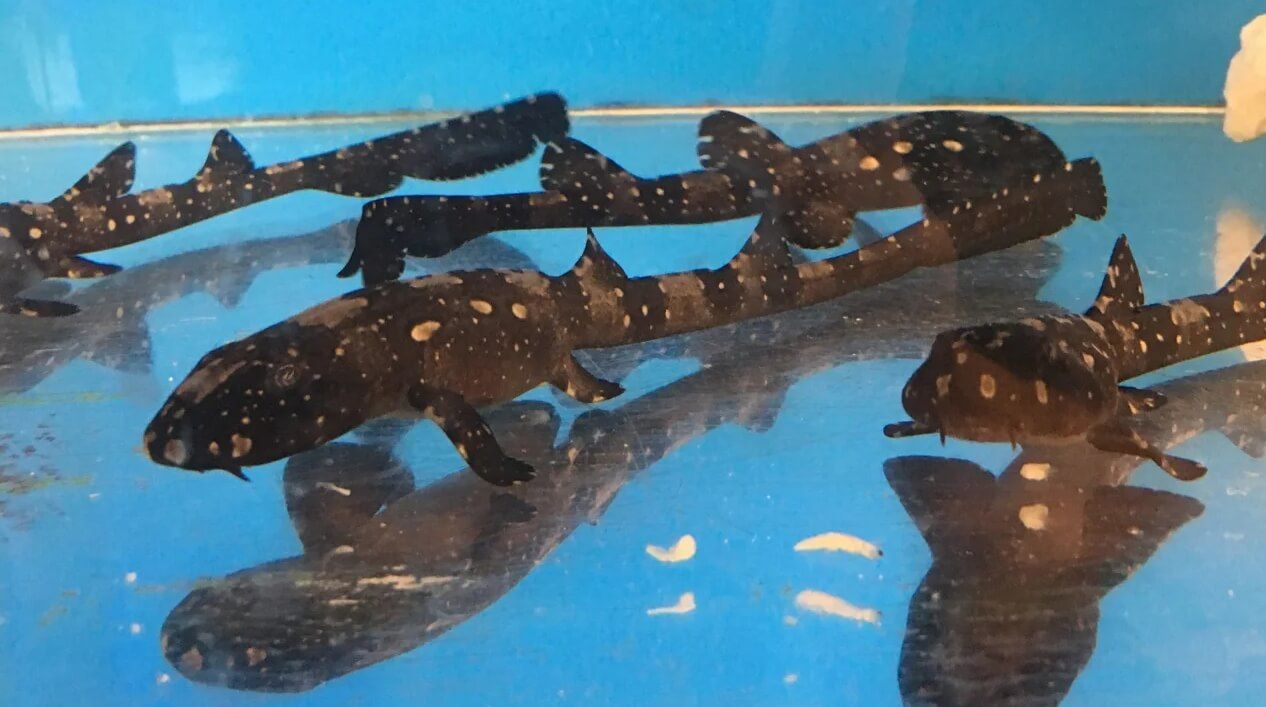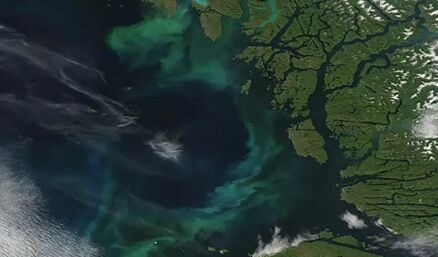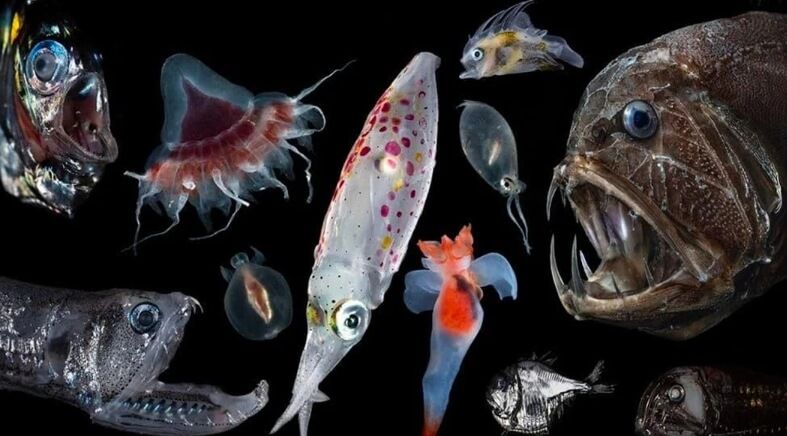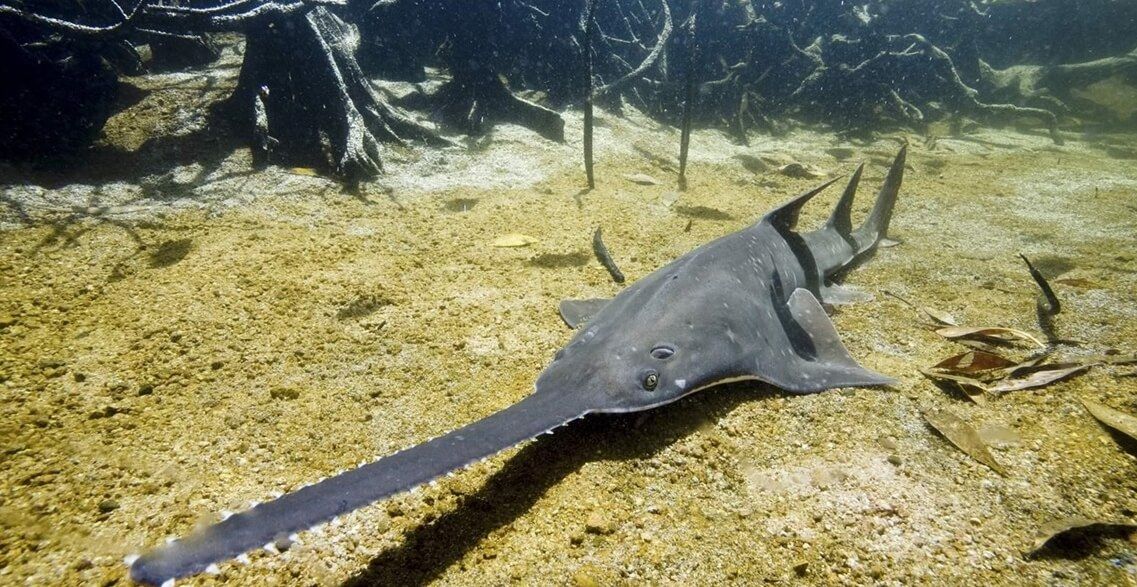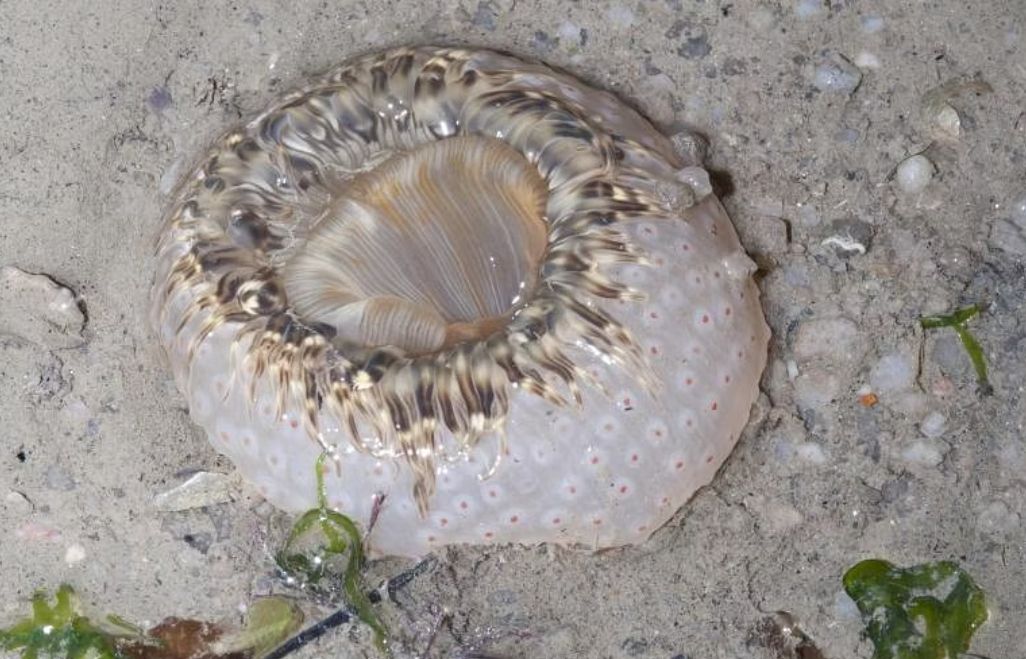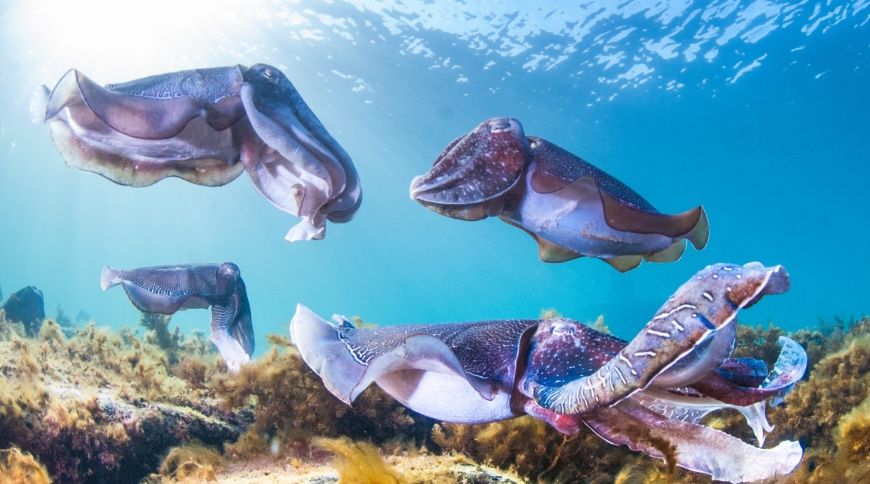For millions of years, sharks have been prowling the world’s oceans, reigning as powerful and ancient creatures. Traditionally, these magnificent beings move solely up and down the water column. However, some have developed a unique skill – walking on the ocean floor using their pectoral and pelvic fins. Although this walking behavior may seem unusual, it showcases the remarkable adaptability of sharks, solidifying their status as apex predators of the sea.
The phenomenon of “walking sharks” gained attention after a nature documentary showcased sharks seemingly running around the reefs of the Great Barrier Reef. Initially, scientists believed that only five shark species possessed this remarkable walking ability. However, a recent study led by Christian Parton from the University of Exeter’s Center for Ecology and Conservation unveiled four additional species capable of this unique behavior.
Among these walking sharks, nurse sharks (Ginglymostoma cirratum) stand out for their intriguing feeding habits. During the study, scientists embarked on over 200 observations and employed nearly 80 cameras to capture these sharks in action. As a result, they discovered five distinct behaviors exhibited by nurse sharks, with only one not related to feeding.
Nurse sharks derive their name from the sucking sound they produce while feeding. Their mottled skin makes them easy to spot amid colorful corals. Typically, these marine inhabitants leisurely traverse the ocean floor, meticulously searching for prey during their daily activities.
Throughout their observations, researchers noticed that nurse sharks often position their bodies vertically with their heads down, seemingly standing on their heads above food baits. Another documented behavior was the use of pectoral fin locomotion, where the shark arched one or both pectoral fins, making contact with the seafloor. This strategic maneuver appears to allow the sharks to use the resistance of the seafloor for better maneuverability, potentially aiding in capturing elusive prey. Interestingly, this behavior often precedes the standard horizontal feeding posture of nurse sharks.
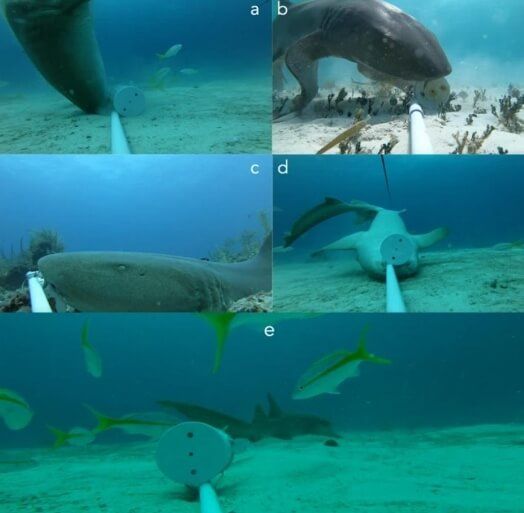
Another fascinating feeding behavior observed was the shark tumbling while in a supine position, rolling onto its back to access food. However, the researchers also noted a fifth behavior unrelated to feeding, where the sharks simply walked past the food baits and cameras.
Intriguingly, the scientists found that stationary horizontal feeding was three times more common in coastal waters compared to reefs. This behavior appears to require minimal energy expenditure, offering a plausible explanation for its prevalence.
The diverse feeding behavior of nurse sharks plays a crucial role in their long-term conservation and distribution in tropical and subtropical habitats. By adapting their feeding techniques to different environments, nurse sharks can maximize their foraging success and survival. As such, these behaviors contribute to the overall resilience and success of nurse shark populations in their natural habitats.
Despite their remarkable walking skill, nurse sharks’ fin locomotion is not as developed as in other members of the Plasmogale family, such as bamboo sharks, narkins, or smooth skates. Scientists hypothesize that nurse sharks evolved this unique skill as an adaptive advantage while foraging in dynamic underwater environments.
Studying the feeding behavior of nurse sharks and other marine species not only deepens our understanding of their ecological roles but also highlights the importance of their conservation. As apex predators, sharks play a vital role in maintaining the balance of marine ecosystems. Therefore, preserving these awe-inspiring creatures and their habitats is crucial for the overall health and biodiversity of our oceans.
This groundbreaking research sheds light on the lesser-known aspects of shark behavior and underscores the need for further exploration and protection of these majestic creatures. By unveiling the secrets of nurse sharks’ feeding habits, scientists are paving the way for better conservation strategies and greater awareness of the fascinating world that exists beneath the waves. As we strive to protect the oceans and their inhabitants, we must continue to marvel at the wonders of nature and our responsibility to safeguard these natural treasures for future generations.


